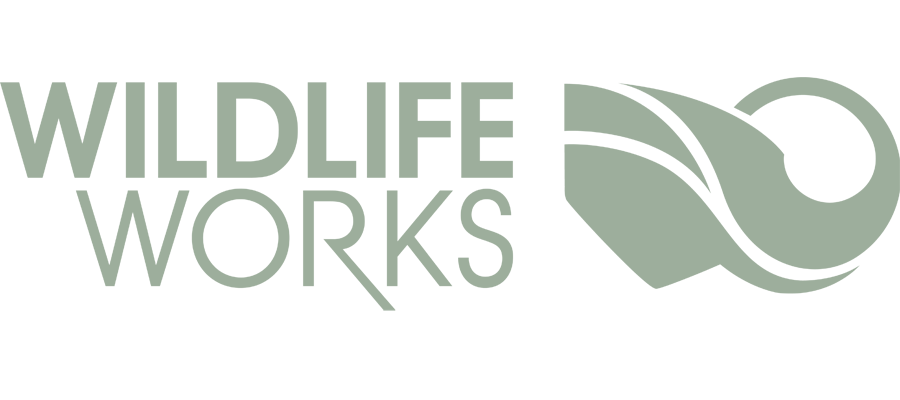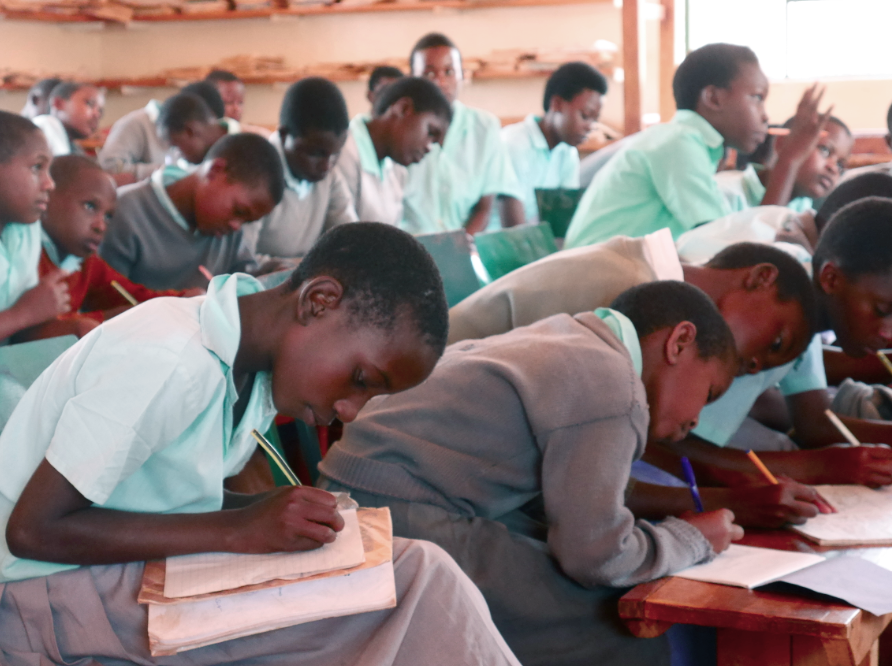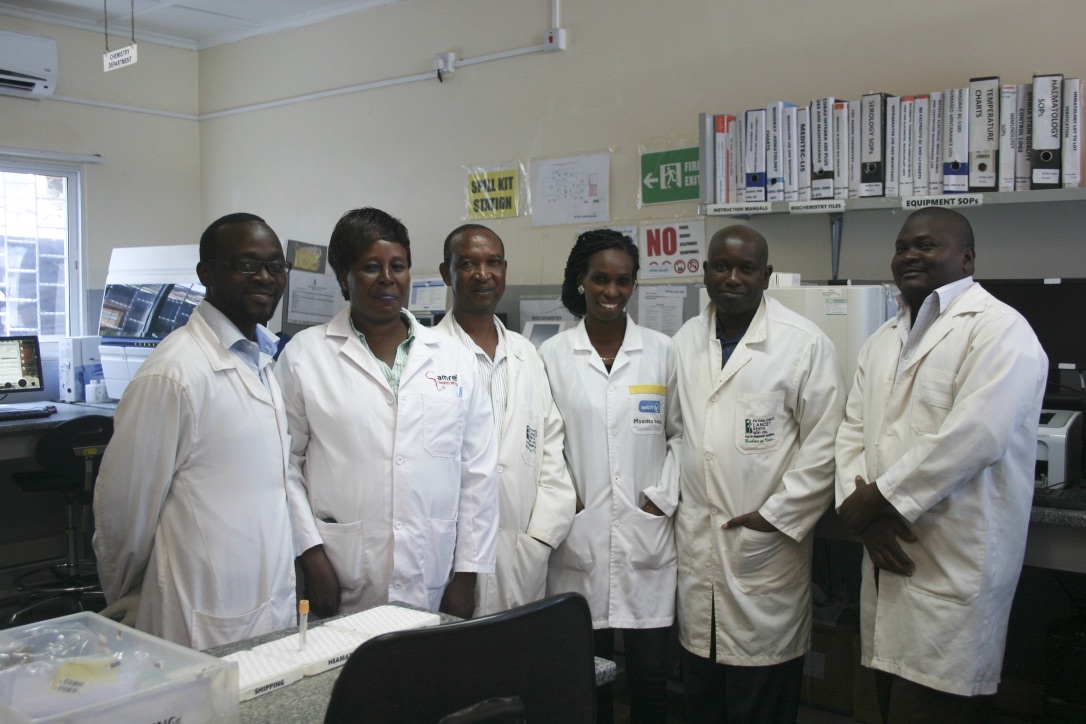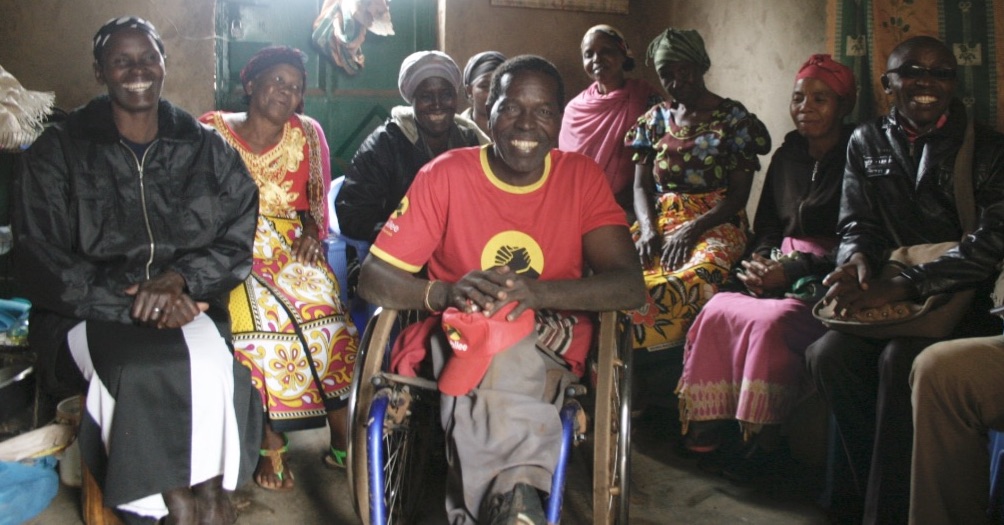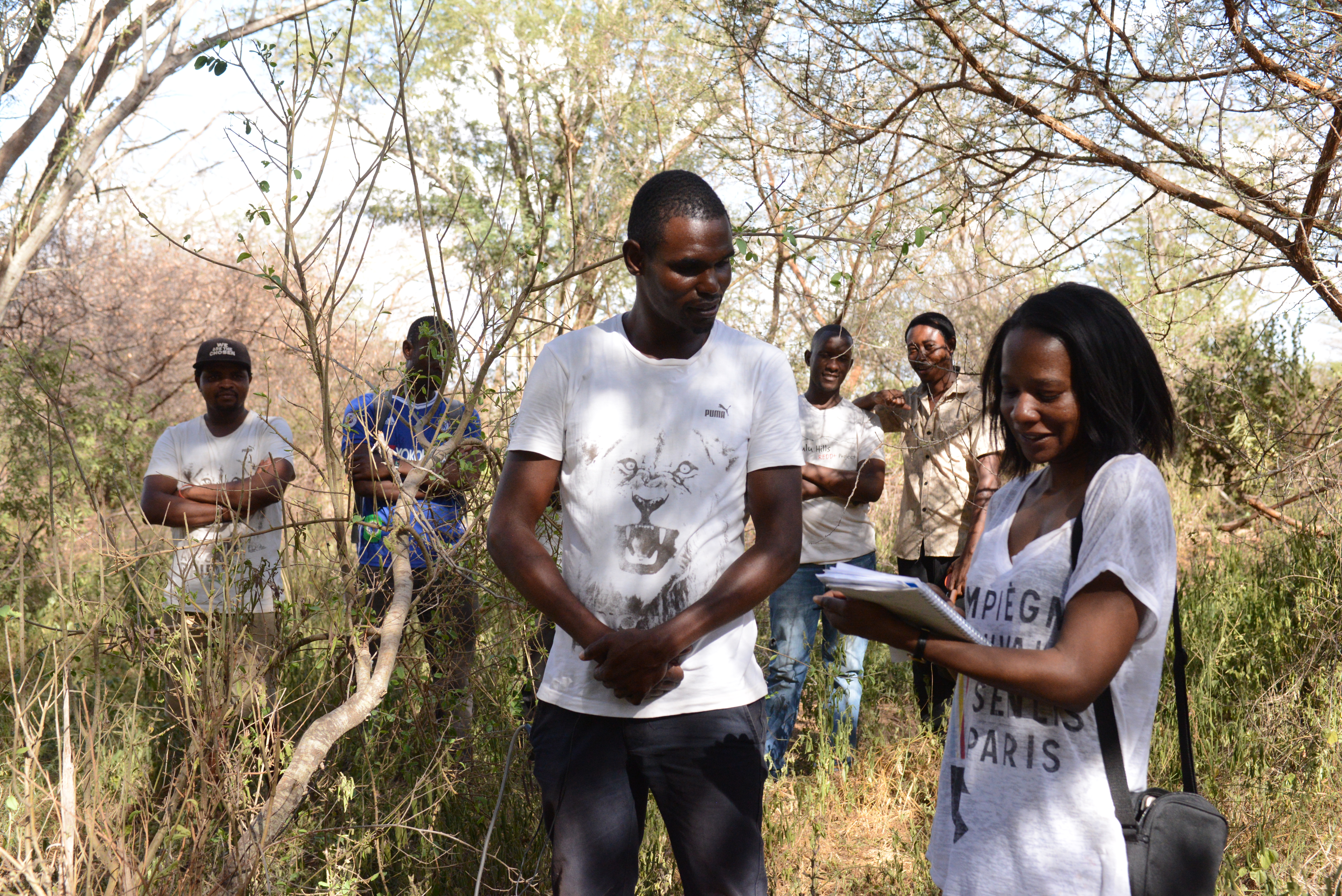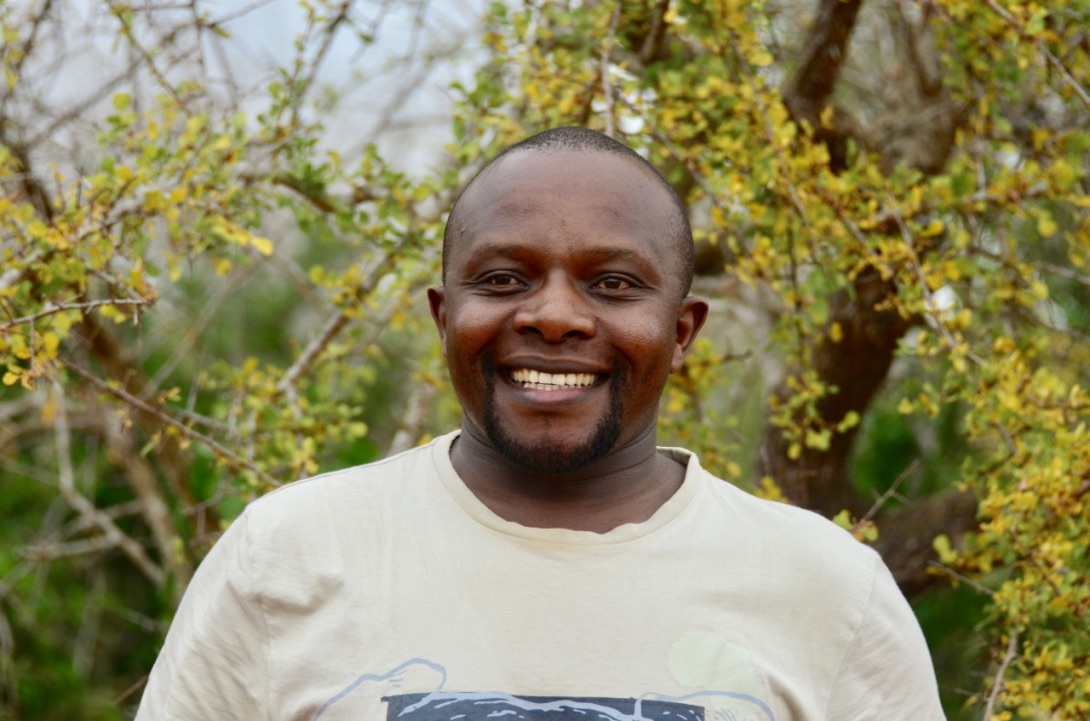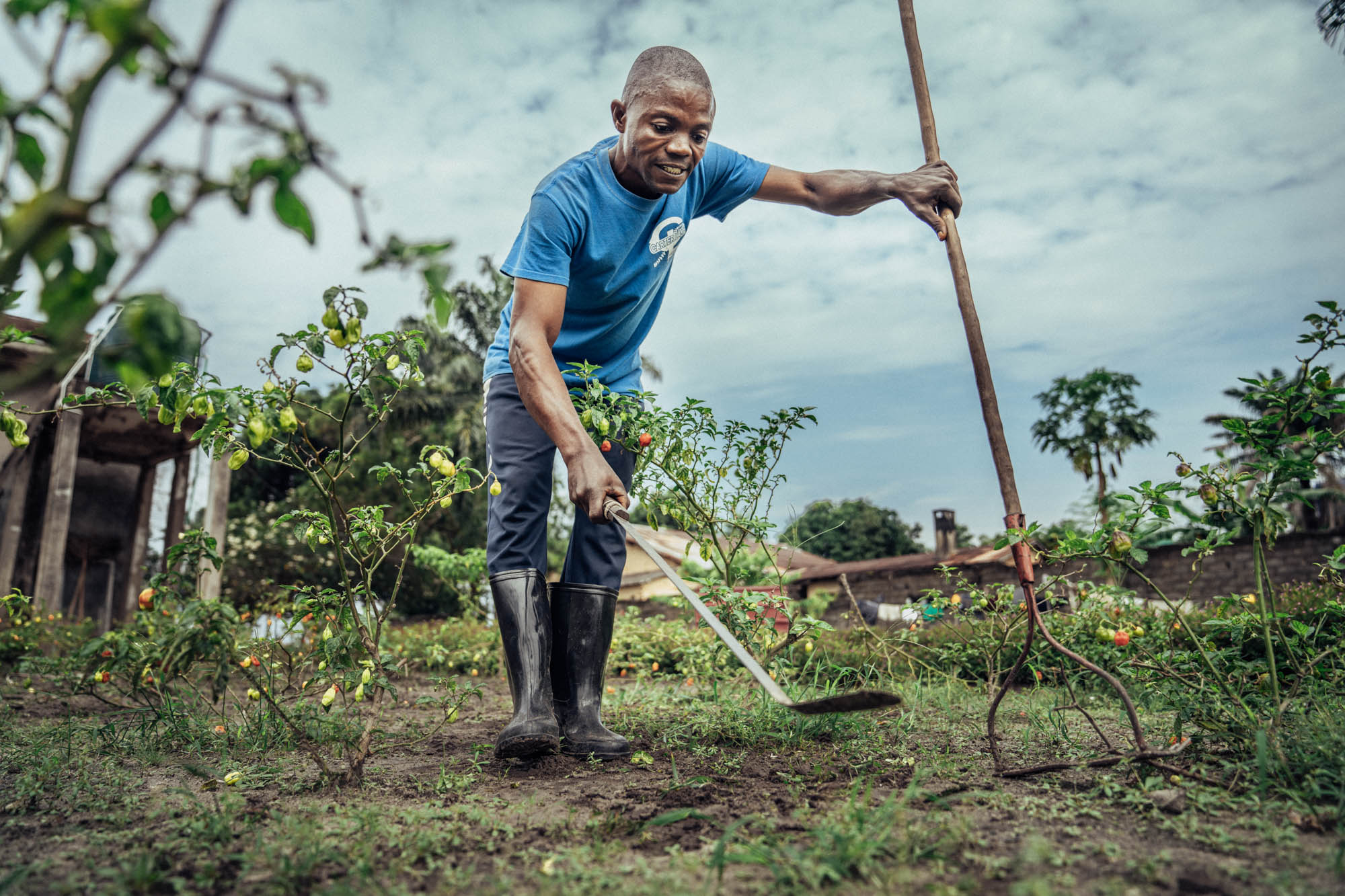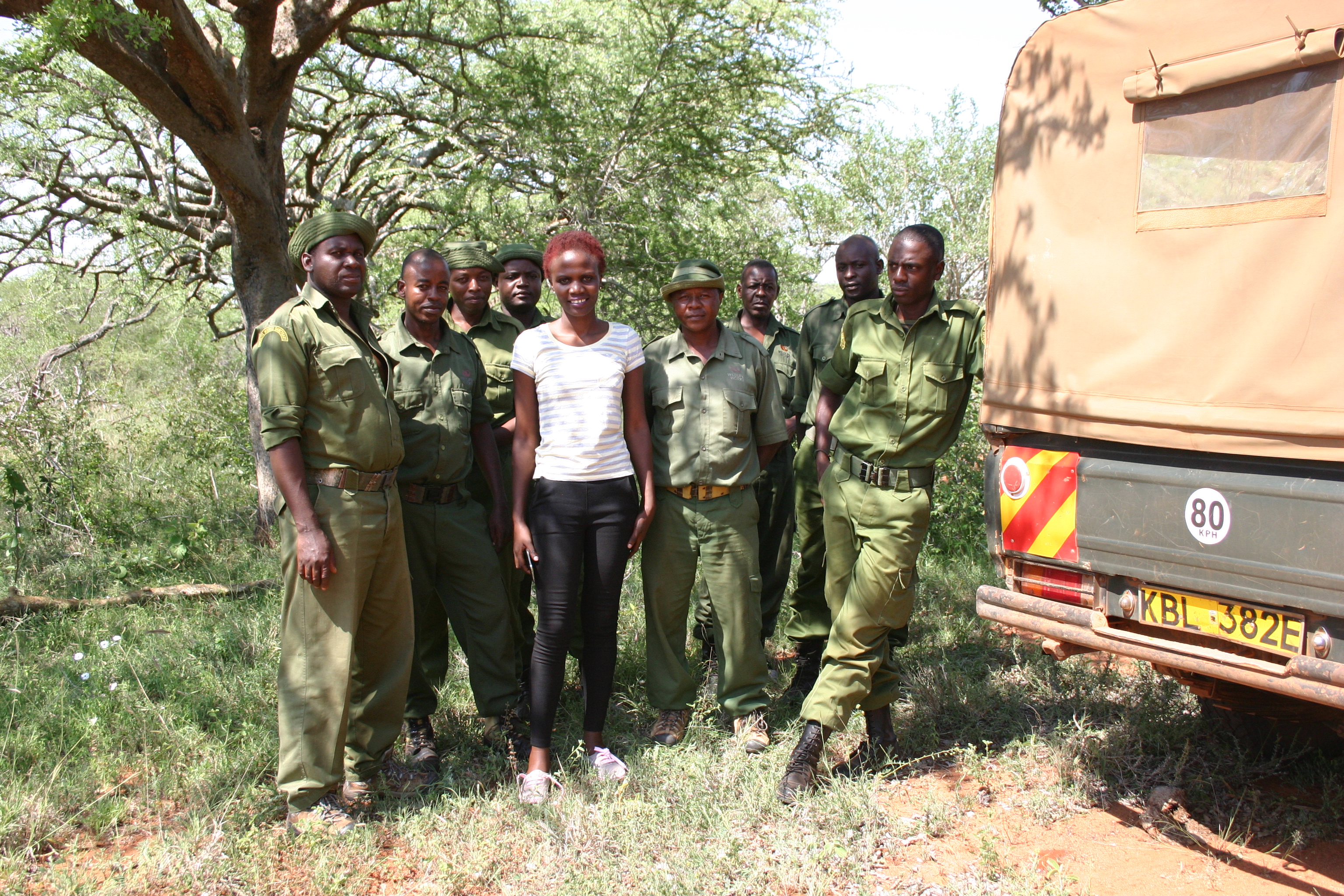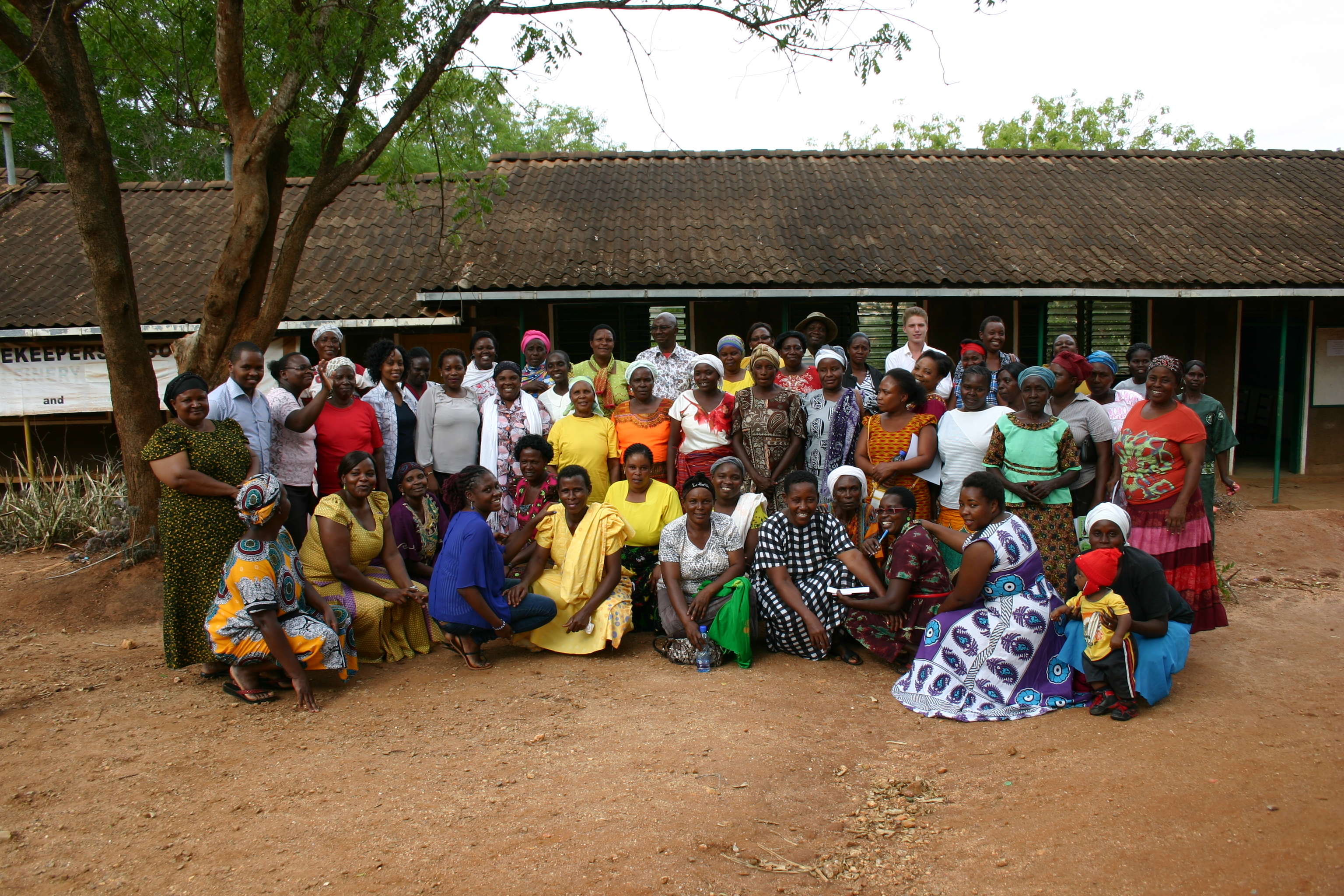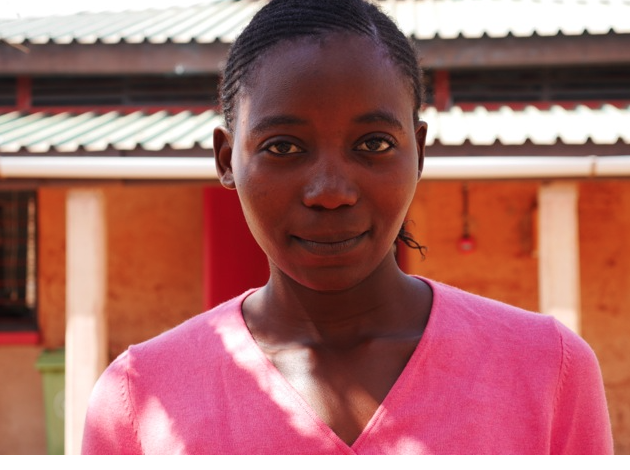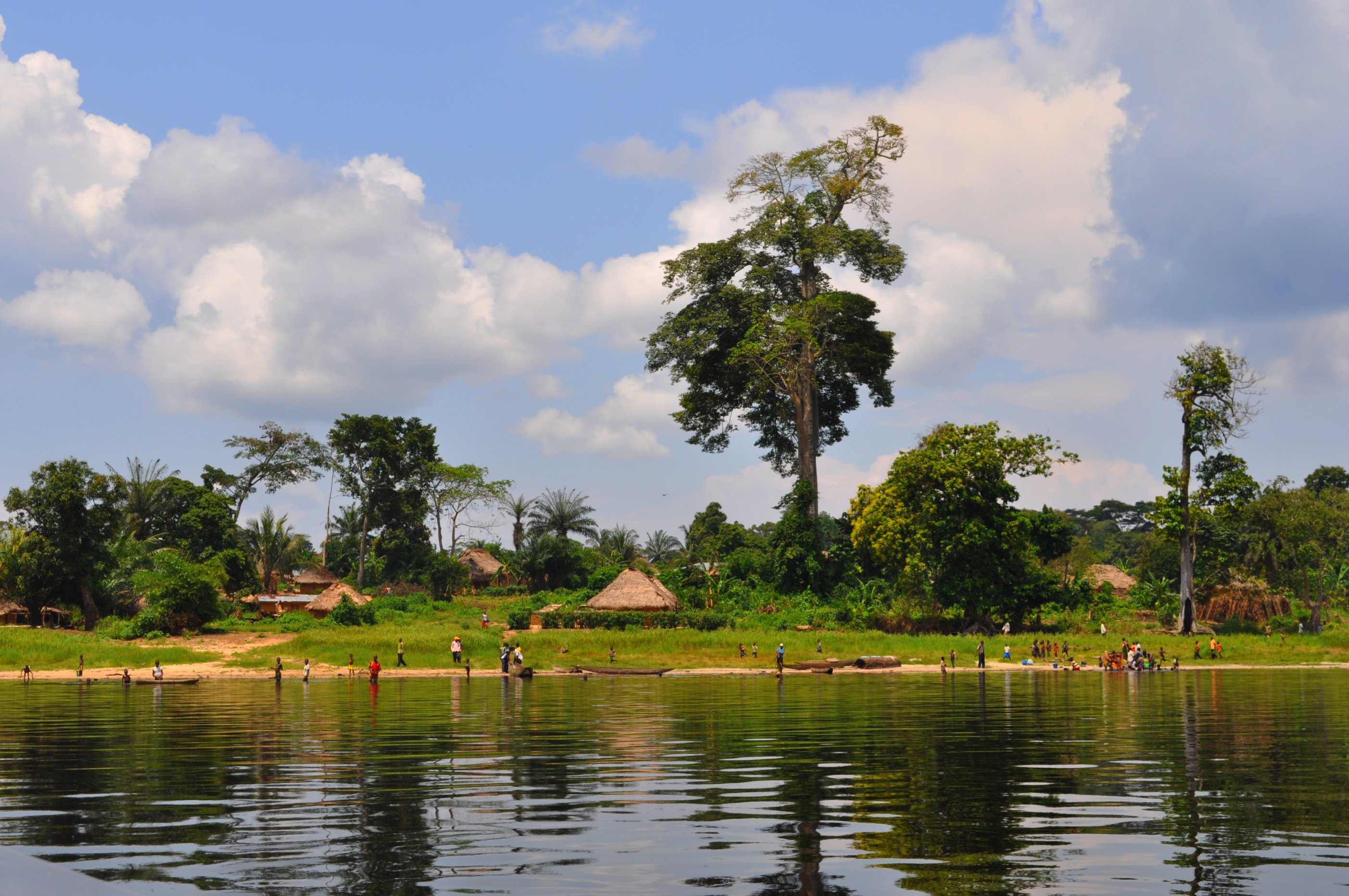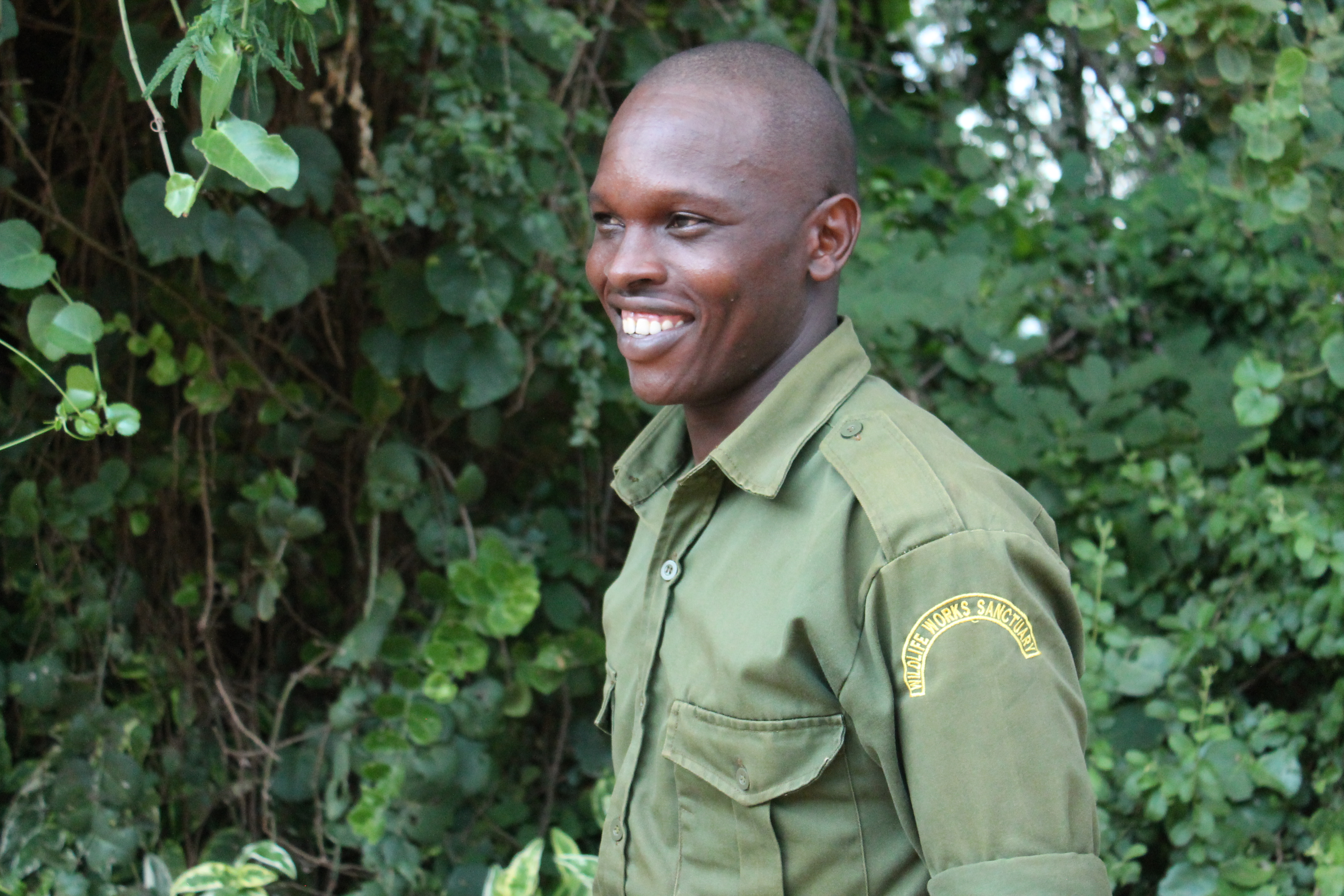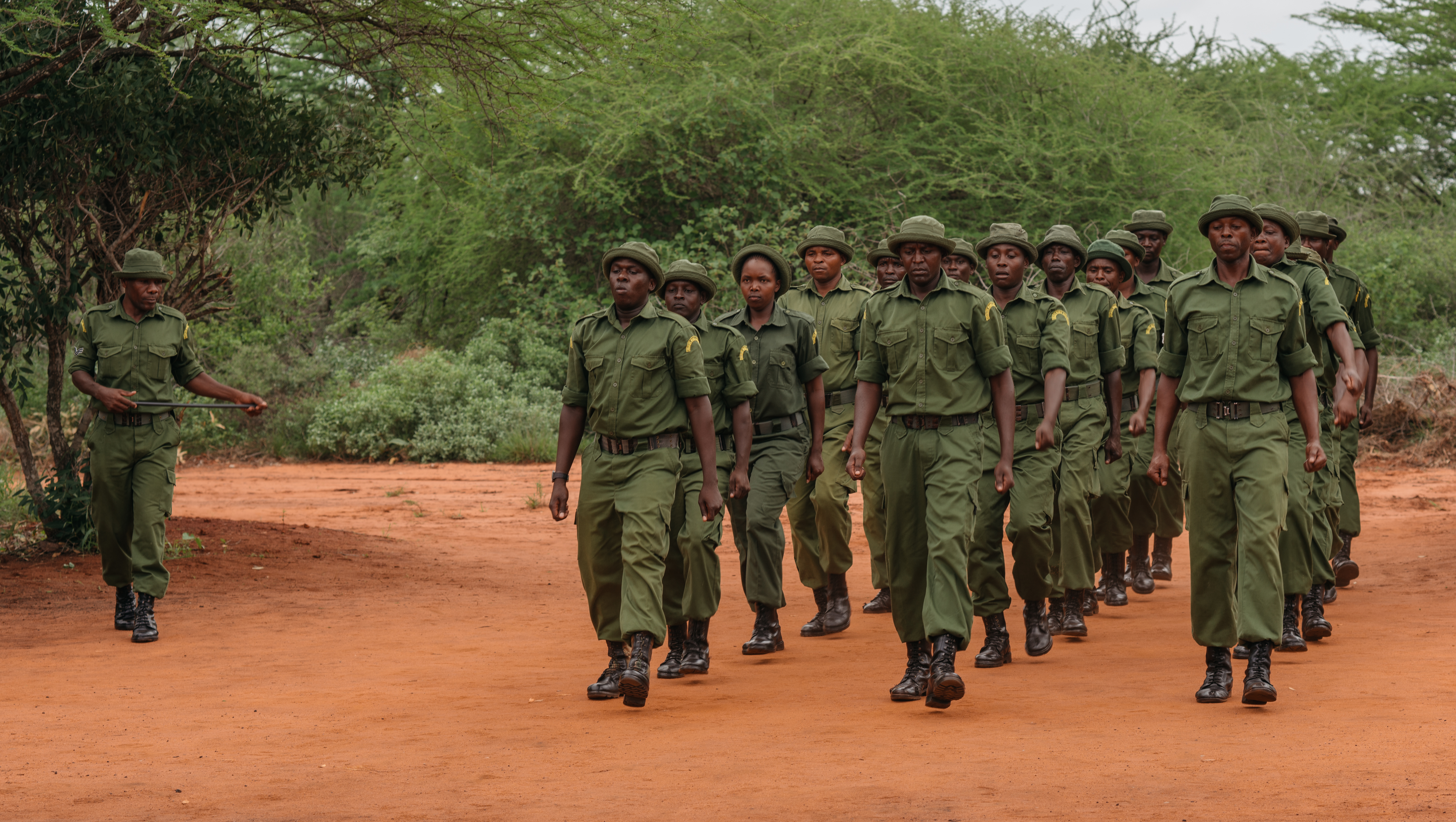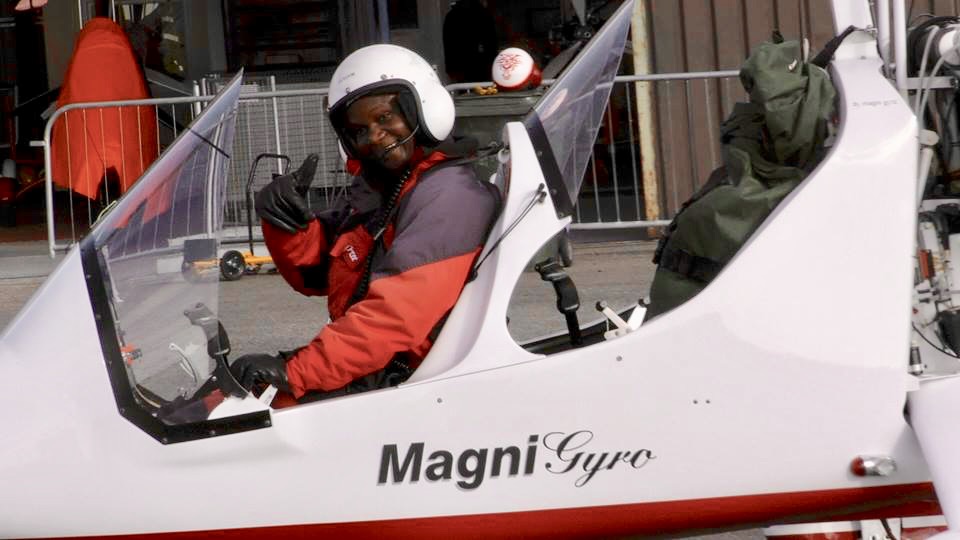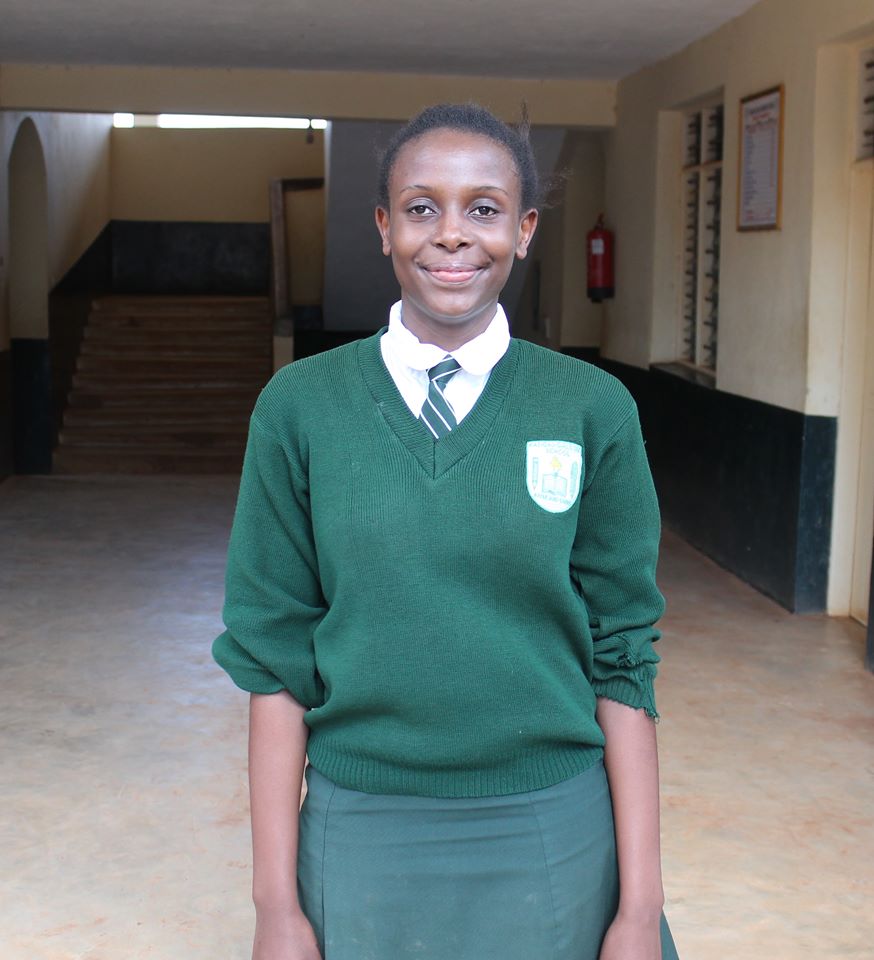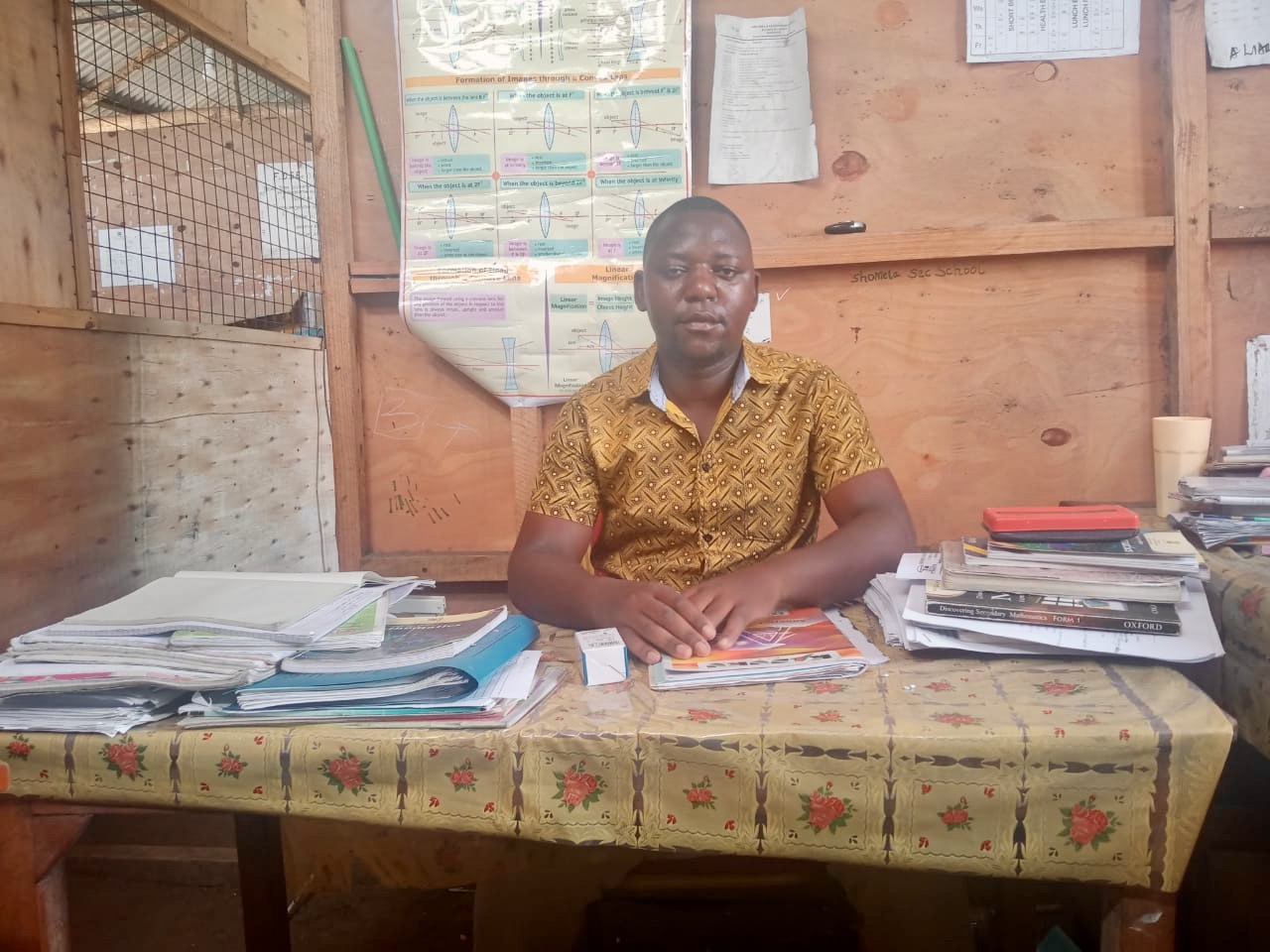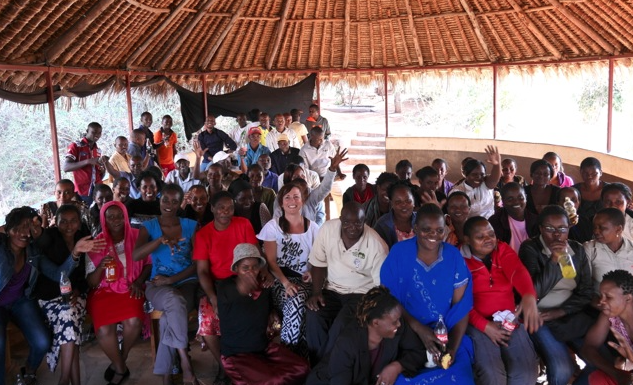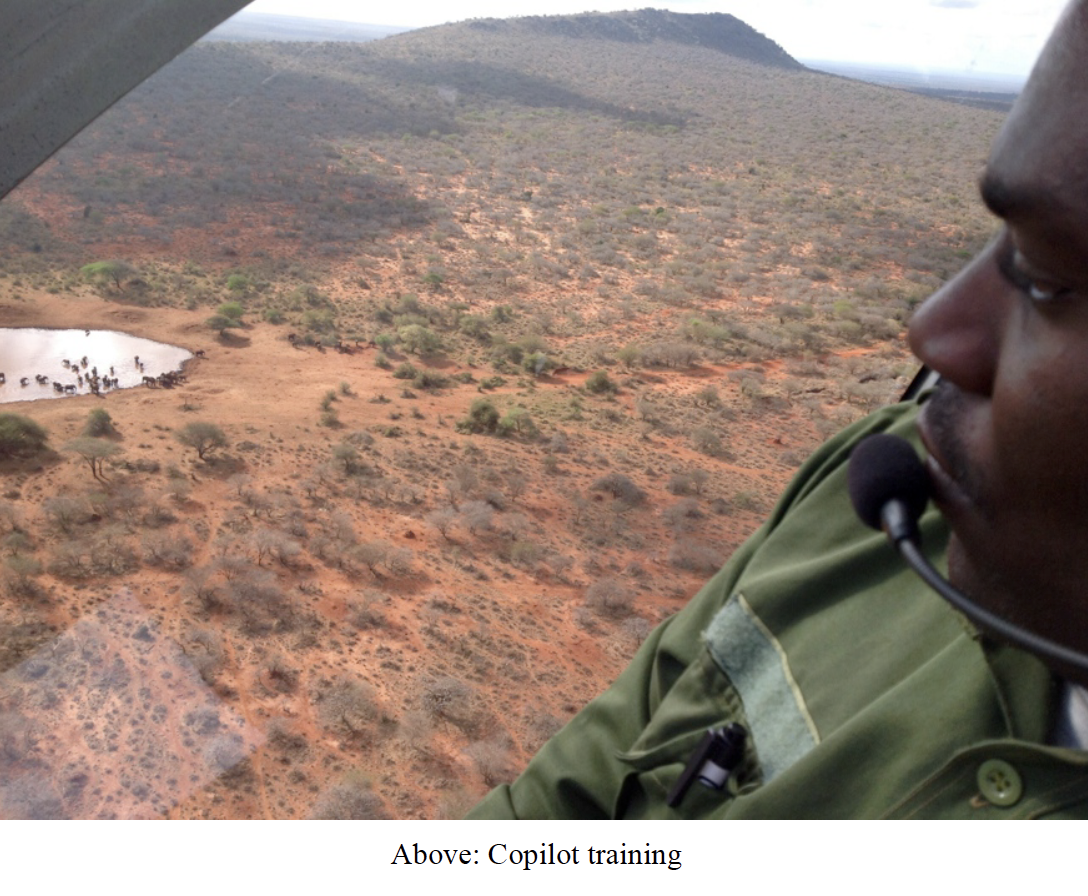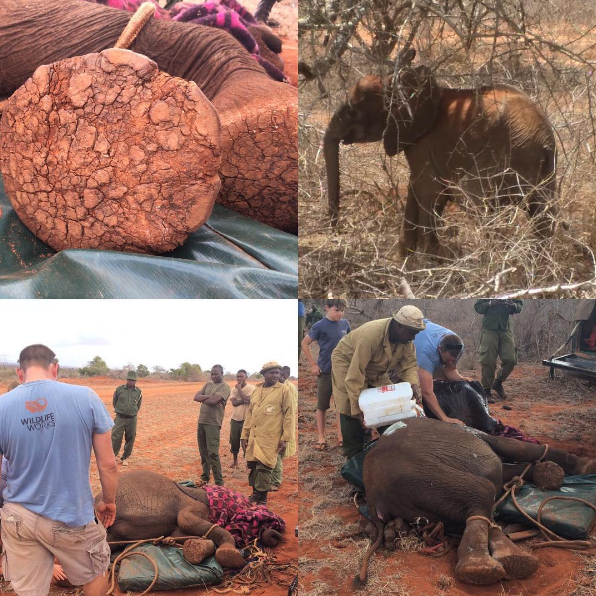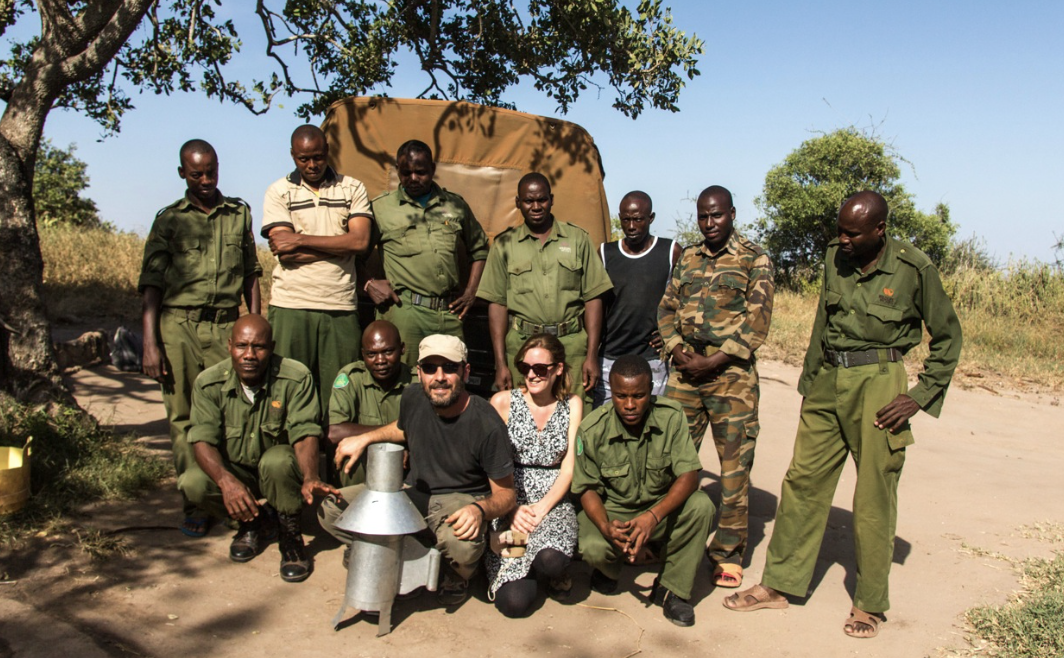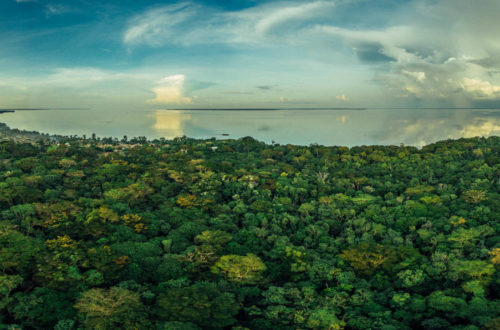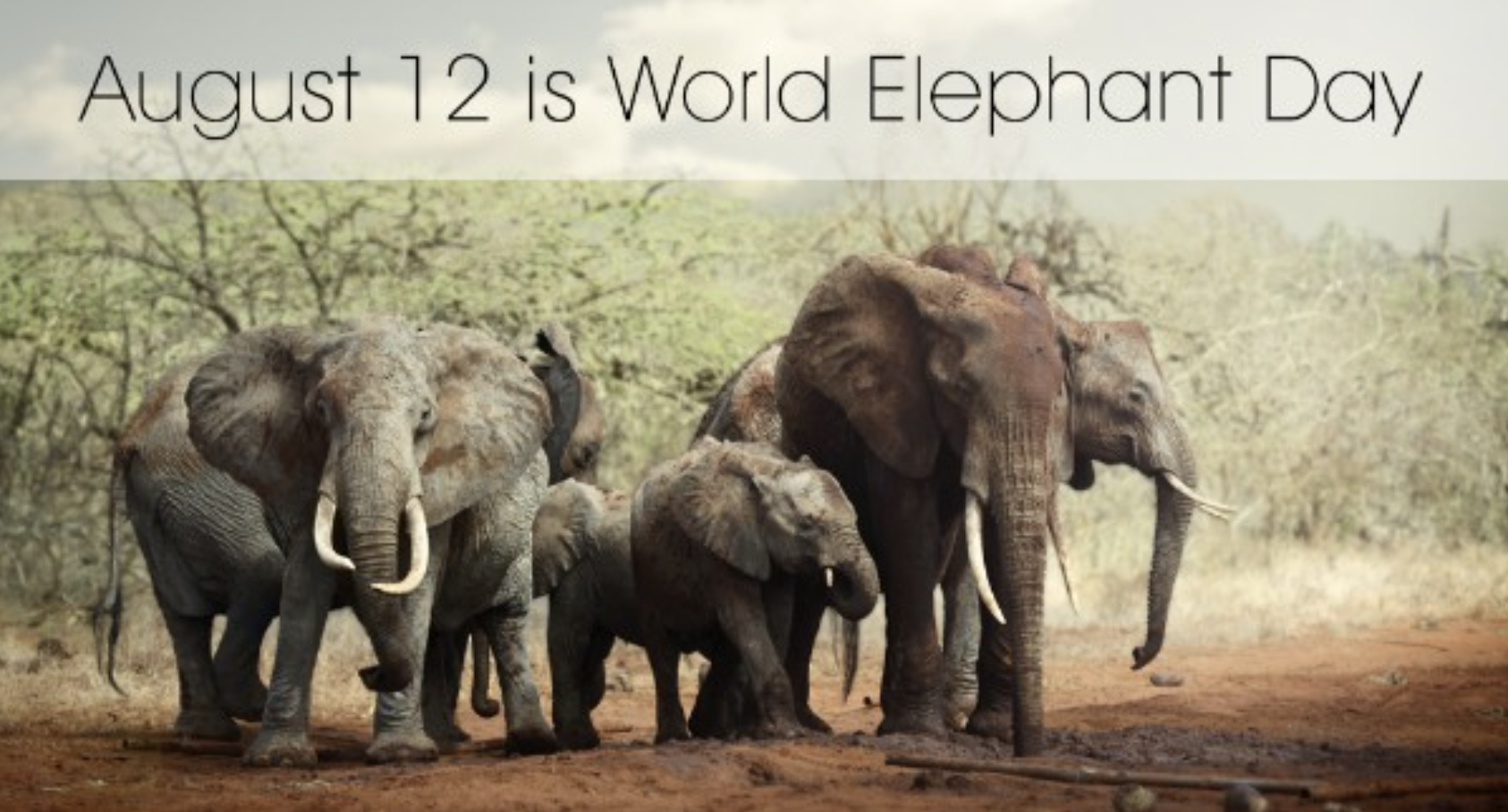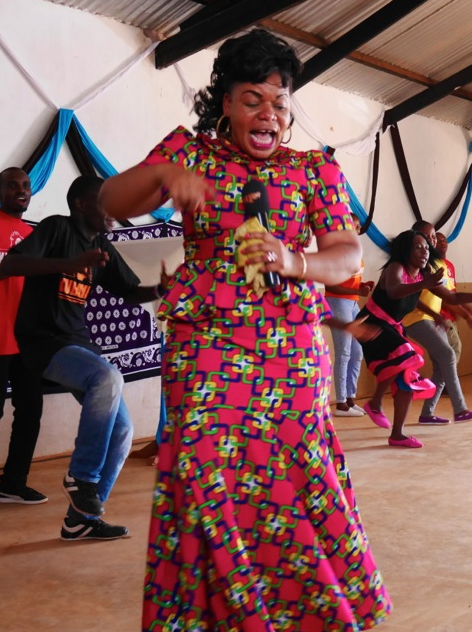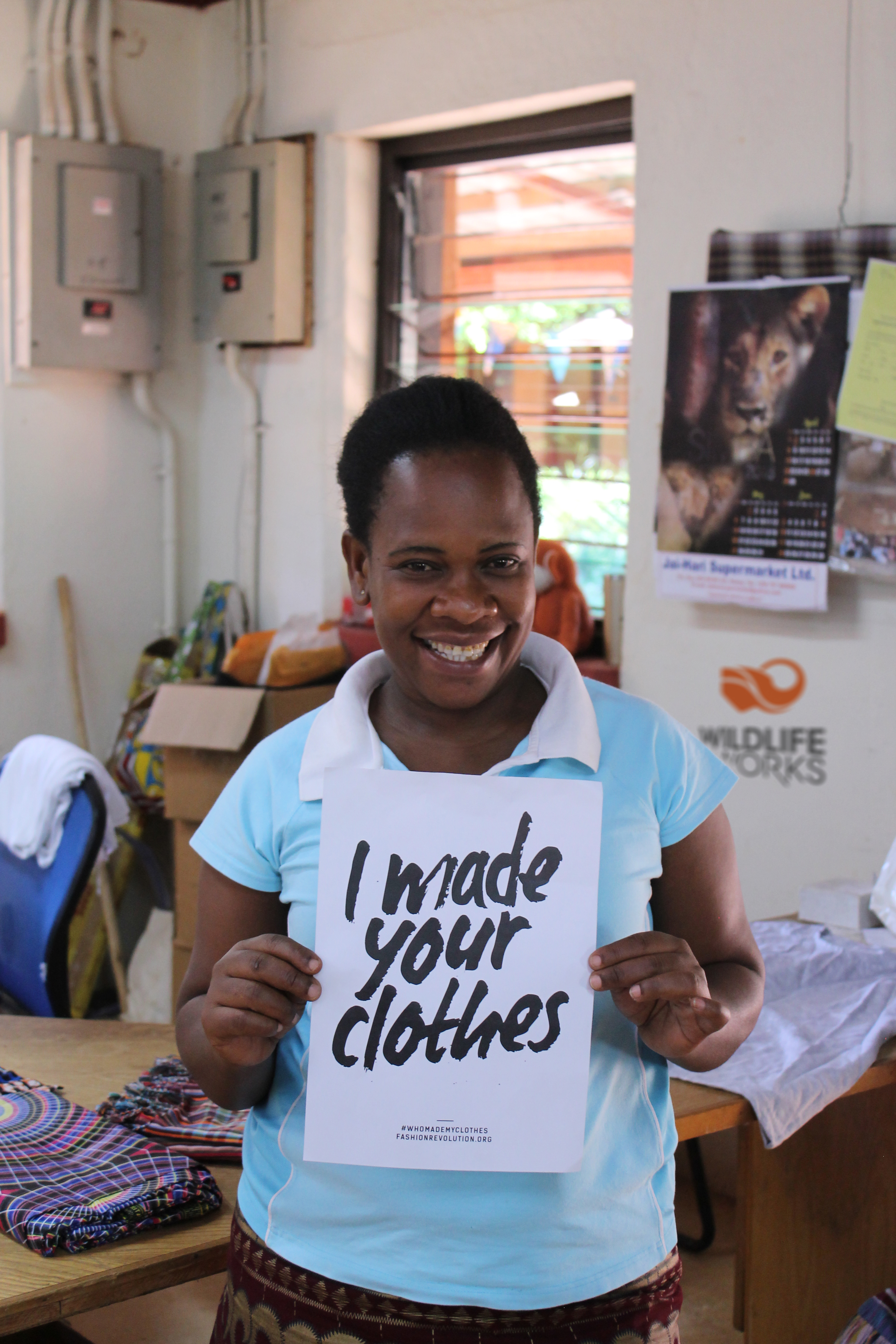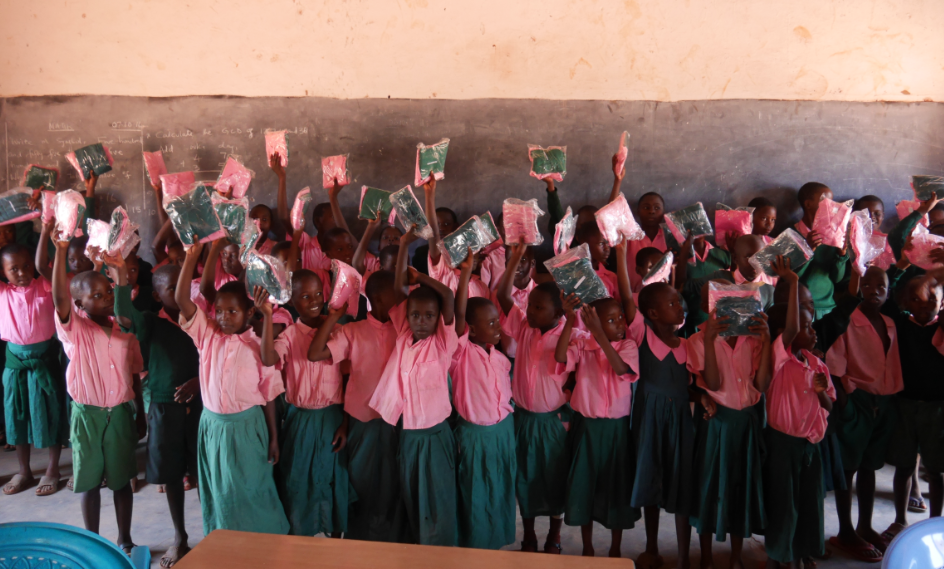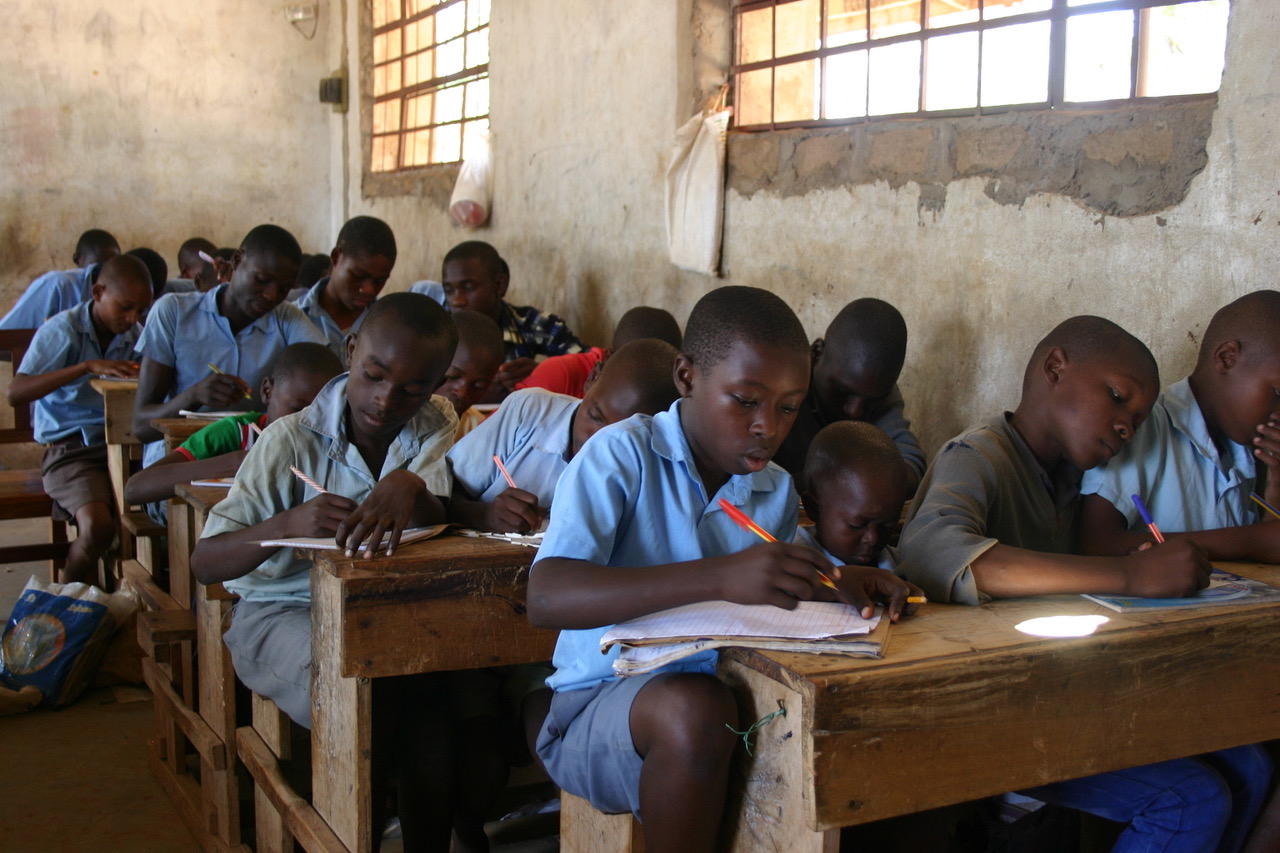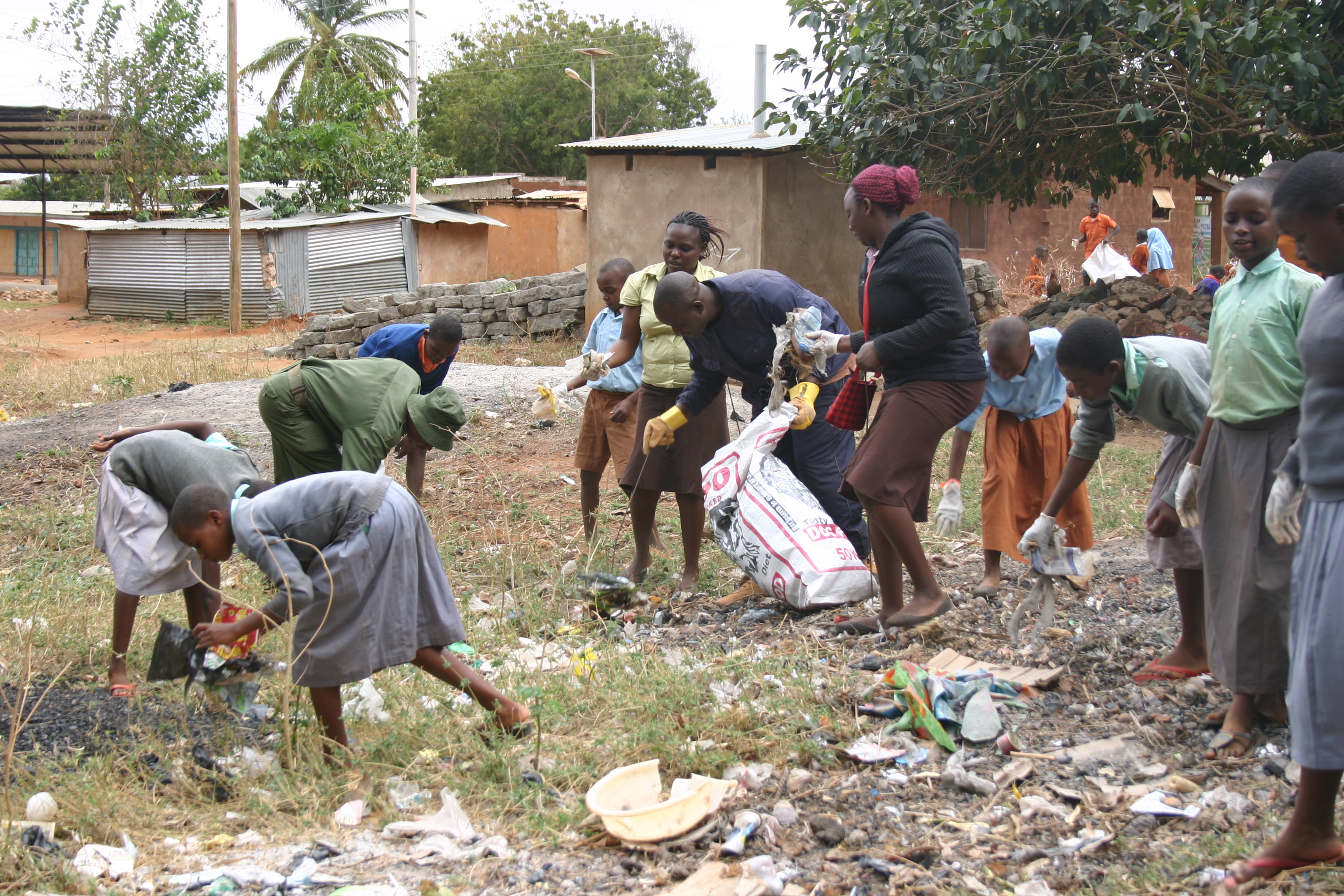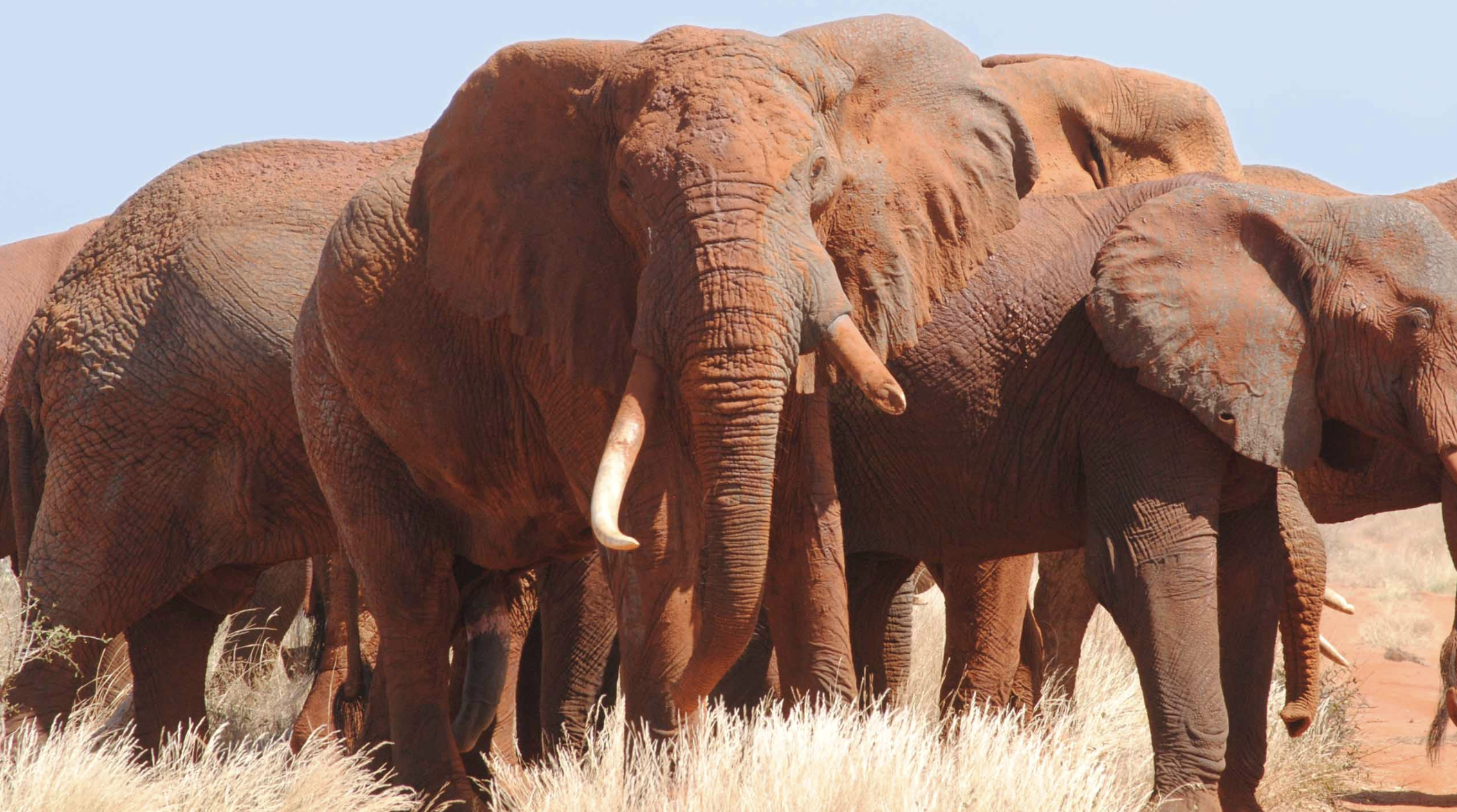Health
-
Family Planning Workshops for Both Men and Women
In the southeastern part of Kenya lies Marungu, a village surrounded by highlands. Once a week, community members converge in a hall to discuss social matters, usually in the presence of an area chief and other local representatives. But this time a different kind of discussion emerged: one designed to bring men together to discuss community health and family planning topics. In the presence of the area chief, a community health assistant, nurse, and the Wildlife Works team, the dialogue focused on health services available, in aim to improve attitudes towards family planning services and the different methods of contraceptives. “Why are you against our wives having children and what…
-
My Trip to the Kasigau Corridor: Seeing a REDD+ Project in Action
Guest blog written by Vibeka Mair, a Senior Reporter for Responsible Investor who visited our Kasigau Corridor REDD+ Project in February 2018. Jacob Kazungu has been disabled since birth. Now 72, he walks with a stick and has shakes when he stands up. But he insists he will stand as he presents the work of his community group in rural Kenya. The Buguta Disabled Group supports the disabled and parents of the disabled with a place to come to every day, conversation and most importantly a form of income through the making of toys, jewelry and baskets sold in places including popular fashion website ASOS. “We want to be self-reliant and not begging,” he says. Buguta Disabled…
-
Tackling Barriers for Persons with Disabilities
By Jane Okoth On a rainy day in Mwachabo location approximately 60 kilometers from Wildlife Works’ headquarters, Matei Mtuku is in a jovial mood whilst welcoming staff from Wildlife Works in his home. The cheerful middle aged man who is disabled and wheelchair bound is the Chairperson for Mwachabo Disability Group, a group consisting of disabled people and caregivers who are raising children with disabilities. Groups of women begin to stream in his compound, and after exchanging greetings, everyone is given a chair as they begin their meeting. They are here for a discussion with Wildlife Works about various opportunities available to them. As the meeting starts, the women begin…
-
Highlights from our Mai Ndombe REDD+ Project in the Democratic Republic of the Congo
As we approach the end of 2017, we’re reflecting on all the achievements from our Mai Ndombe REDD+ project in the Democratic Republic of the Congo (DRC). The Mai Ndombe REDD+ project is one of the world’s largest projects, and the first in the DRC. It is located on the shores of lake Mai Ndombe, and protects over 740,000 acres of threatened rainforest. A vast array of biodiversity live in the forest, including endangered elephants and bonobos, the closest extant relative to humans. Mai Ndombe is an essential part of the world’s largest wetland of international importance as recognized by the Ramsar Convention, and is also home to over 50,000…
-
Boosting Healthcare: The Story Behind the Renovation of Moi District Hospital Laboratory—4 Years Later
By Jane Okoth There is something exciting about the Moi District Hospital, and it is not just the jovial laboratory employees who are always there to lend a helping hand. It is actually the medical laboratory itself! The clean, air-conditioned room filled with latest generation machines whirring away producing their diagnostic results is amazing. Situated in Voi town, approximately 30km from Wildlife Work’s Rukinga Headquarters, the government referral hospital is now home to a state of the art medical and pathology laboratory. The refurbished laboratory is one of Wildlife Works largest community service projects, an investment of much time and approximately Ksh16,750,000, or about $162,000 USD. Understandably, setting up the…
-
Can Carbon Credits and Communities Help Save the Planet?
Every 3 months, women from the community gather for Women Empowerment Trainings. Together, they learn about finance, health, and the environment. Then, they bring this information back to their villages to teach others. This quarter, the training was held in Mwatate, 42 kms northwest of Maungu where Wildlife Works operates. Fifty women leaders from all over Taita Taveta County are learning to write proposals, how to cope with climate change (the area has been affected by drought for over 18 months), and keeping healthy. Their colorful dress and personalities stand out against the red hills characteristic of the area. Community-Based Conservation In Action The people in charge of today’s meeting are the Community Based Organization (CBO) Board Members…
-
Empowering young girls through GLOW training
Wildlife Works is committed to supporting community projects as we feel these can be the most important tools to developing self-sufficient and self-governing communities. One of our main focuses is on education, especially for women and girls. This past weekend, a sexual health and sanitation session for young girls at Kiteghe Primary School within our Kasigau Corridor REDD+ project area in southeastern Kenya was funded through Wildlife Works. This program is called GLOW (Girls Leading Our World), and is run by Monica, a local Kenyan lady who volunteers her Saturdays to run this training session in local primary and secondary schools across Taita Taveta County. Monica writes essential goals for…
-
Eco stoves Tackling Carbon Emissions
This is a post from a guest blogger, Francesco Mirabito who originally came through the Wildlife Works project area from Italy in June of 2015 as part of the Walk with Rangers event. He fell in love with Kenya and our wildlife sanctuary so he came back again to launch his Eco Stove product in partnership with Wildlife Works. Eco stoves tackling carbon emissions, benefiting health and improving gender relations Last summer, I had the opportunity to spend a few days walking through the Kasigau Corridor REDD+ project with the Wildlife Works rangers. During those wonderful days, walking, surrounded by the beautiful landscape of the southeastern highlands of Kenya, I met…
-
Reproductive Health Education and Support for Wildlife Works Communities
Within the captivating yet isolated hills of Sagalla, Taita Taveta County, Kenya, 20 women and two men came together to form a self-help group with the objective of improving reproductive health. Rauka Reproductive Health Group meets at the Sagalla Health Centre under the auspices of the Sagalla community health unit. Members of Reproductive Health Group Hygiene is a common concern for people living in poverty in developing nations. Rauka Reproductive Health Group felt the need to address issues that are related to reproductive hygiene, especially menstruation hygiene, to assist women and girls in the area. With this initiative, the group has been able to reduce traditional birth deliveries where now…
- About, Adventures in REDD+, Biodiversity, Conservation, Education, Forest Communities, Health, Wildlife, Women
Changing Kenya’s Landscape for Wildlife and Jobseekers
Changing Kenya’s Landscape for Wildlife and Jobseekers Published in the The Opinion Pages on NY Times By Amy Yee JUNE 8, 2016 RUKINGA SANCTUARY, Kenya — Twenty years ago, this wildlife corridor in southern Kenya was in jeopardy. A scarcity of jobs in this impoverished, arid landscape meant people were hunting wild giraffe and antelope for meat, and chopping down trees to make charcoal. With fewer trees, desertification loomed. Water was so precious that local cattle herders lit fires at water holes to keep giraffes and zebras from drinking. The animals had less vegetation to eat and less forest cover. Cutting down trees combined with poaching decimated wildlife in this…
